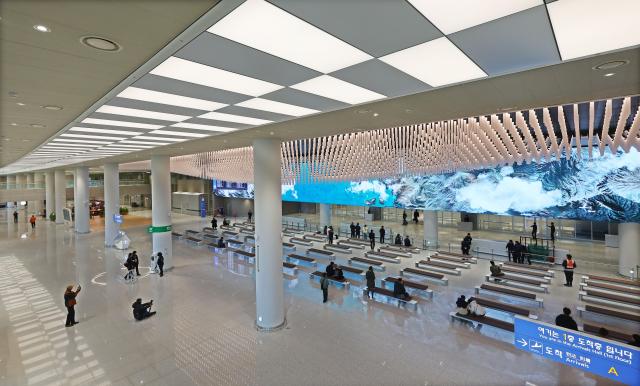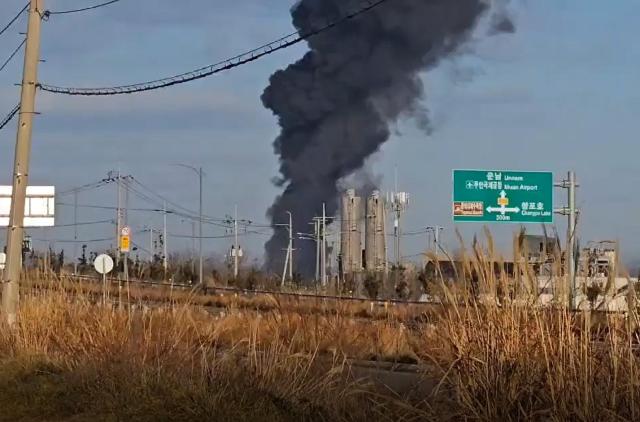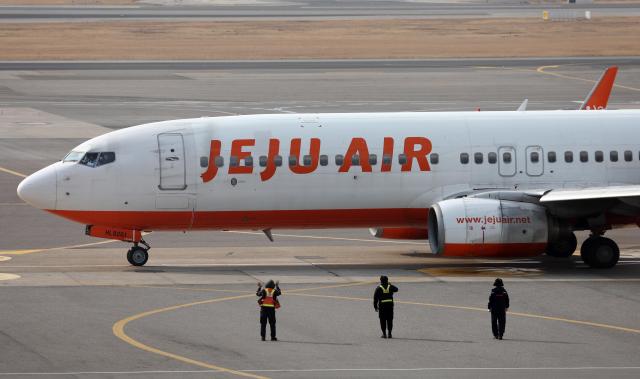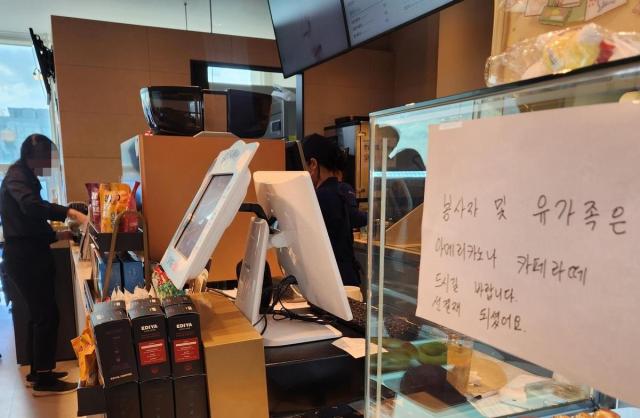
Government data from the All Public Information In-One system revealed Tuesday that airports in Muan, Yeosu, Sacheon, and Wonju collectively reported negative capital of 32.9 billion won ($22.3 million) as of the end of 2023. Muan Airport recorded the steepest deficit, at 18.7 billion won.
The financial struggles of regional airports were exacerbated during the COVID-19 pandemic, when 14 of South Korea’s 15 airports posted operating losses in 2020 and 2021. While passenger volumes recovered to 80 percent of pre-pandemic levels in 2023, with 22.7 million travelers, 10 airports continued to report net losses. Only major hubs like Incheon, Jeju, Gimpo, and Gimhae managed to turn a profit.
Muan Airport, which replaced Mokpo Airport in 2007, has faced persistent criticism over underutilization. Attempts to boost traffic included hastily launching international routes to Thailand and Malaysia, but these efforts have done little to address its long-standing financial woes.
Despite these challenges, the South Korean government is moving ahead with an ambitious airport expansion plan. Eight new airports, including the high-profile Gadeok Island and Daegu-Gyeongbuk projects, are currently in development, with local governments debating two additional proposals. Construction costs for three of the major projects alone are projected to reach 33.2 trillion won ($25 billion).
The aggressive expansion has sparked concerns about both economic feasibility and aviation safety. Critics argue that the push to build new facilities risks repeating the mistakes of underperforming regional airports, raising questions about whether the nation’s infrastructure strategy is sustainable.
Unlike other infrastructure projects, airports in South Korea are fully funded by the central government. "Local governments might not be as eager to build airports if they had to invest their own resources in the projects," a government official said.
Copyright ⓒ Aju Press All rights reserved.





View more comments